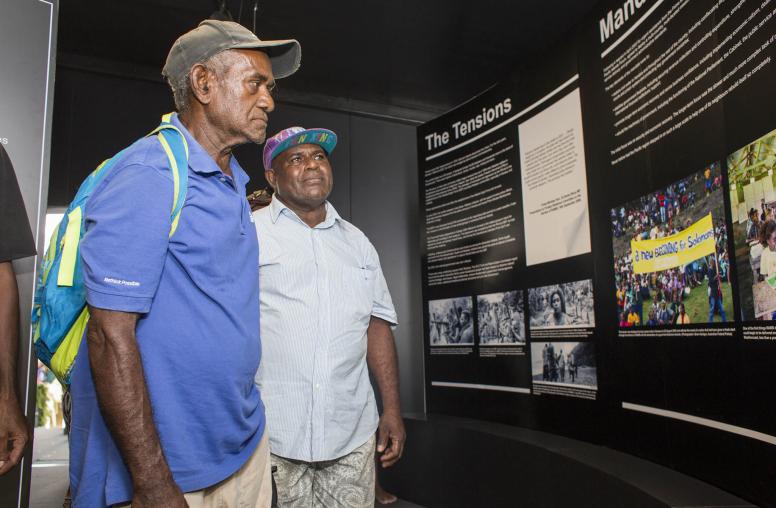USIP Letter of Support: University Presidents
In a letter of support, presidents and chancellors from 13 academic institutions voice concern over the recent House vote to eliminate USIP funding for the remainder of this fiscal year, and encourage U.S. lawmakers to protect USIP for the sake of national security.
March 15, 2011
In a letter of support, presidents and chancellors from 13 academic institutions voice concern over the recent House vote to eliminate USIP funding for the remainder of this fiscal year, and encourage U.S. lawmakers to protect USIP for the sake of national security.
- USIP Chairman of the Board J. Robinson West writes in The Wall Street Journal: "We are Actively Engaged in Promoting Peace at USIP."
- Read the News Release: "United States Institute of Peace Forges Ahead with Congressional Mission to Prevent and Manage International Conflict"
- Download and read expressions of support for USIP from the senior most leaders of our country, (PDF/864 KB)
- Download and read praise for USIP, (PDF/612 KB)




